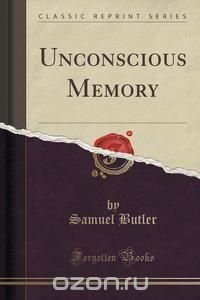Excerpt from Unconscious Memory
"As this paper contains nothing which deserves the name either of experiment or discovery, and as it is, in fact, destitute of every species of merit, we should have allowed it to pass among the multitude of those articles which must always find their way into the collections of a society which is pledged to publish two or three volumes every year... We wish to raise our feeble voice against innovations, that can have no other effect than to check the progress of science, and renew all those wild phantoms of the imagination which Bacon and Newton put to flight from her temple." - Opening Paragraph of a Review of Dr. Young's Bakerian Lecture. Edinburgh Review, January 1803, p. 450.
"Young's work was laid before the Royal Society, and was made the 1801 Bakerian Lecture. But he was before his time. The second number of the Edinburgh Review contained an article levelled against him by Henry (afterwards Lord) Brougham, and this was so severe an attack that Young's ideas were absolutely quenched for fifteen years. Brougham was then only twenty-four years of age. Young's theory was reproduced in France by Fresnel. In our days it is the accepted theory, and is found to explain all the phenomena of light." - Times Report of a Lecture by Professor Tyndall on Light, April 27, 1880.
About the Publisher
Forgotten Books publishes hundreds of thousands of rare and classic books. Find more at www.forgottenbooks.com
This book is a reproduction of an important historical work. Forgotten Books uses state-of-the-art technology to digitally reconstruct the work, preserving the original format whilst repairing imperfections present in the aged copy. In rare cases, an imperfection in the original, such as a blemish or missing page, may be replicated in our edition. We do, however, repair the vast majority of imperfections successfully; any imperfections that remain are intentionally left to preserve the state of such historical works. Это и многое другое вы найдете в книге Unconscious Memory (Classic Reprint) (Samuel Butler)
